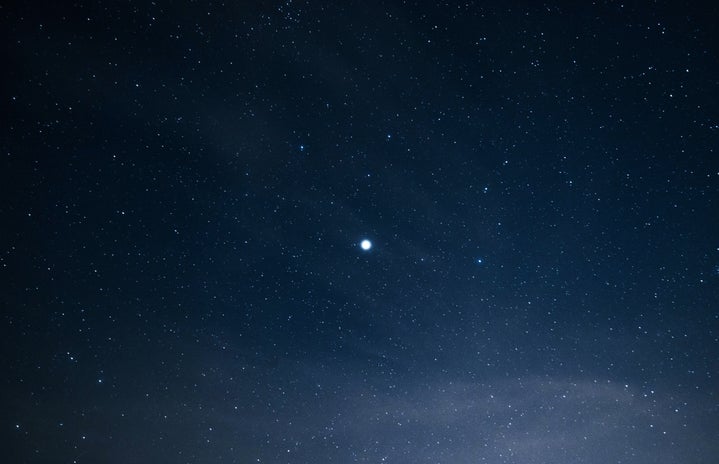Ramadan is the ninth month of the Islamic calendar, representing the period in which Muslims believe the Quran was revealed in 610 AD. All around the world, Muslims observe Ramadan by fasting, giving charity, and trying to attain a higher degree of spiritual devotion to God. While Ramadan as a whole is very special, the last ten nights of this month have their own unique meaning to believers.
It’s said that within the last ten nights of Ramadan falls a night unlike any other–in Arabic, it’s known as Laylatul Qadr, which translates to “The Night of Power.” Though no one can say for sure what night it falls on, what we do know is the Night of Power is supposed to be one of the odd nights within the last ten days of the month–meaning the 21st, 23rd, 25th, 27th, or 29th night of Ramadan. This particular night is remembered as when the Angel Jibril revealed the first verses of the Quran to Prophet Muhammad (peace be upon him). It’s believed that whatever worship a Muslim performs on the night of Laylatul Qadr will be multiplied numerous times over, and that this sole night is worth more than a thousand in the eyes of God. To this end, during the last ten nights of Ramadan, Muslims will often stay up all night, repenting for their sins and performing extra acts of worship. This is so they can reap the full benefits of the Night of Power.
To be honest, the concept of Laylatul Qadr has always been a little baffling to me. One thousand months is essentially a lifetime, and that kind of reward can really all be attained in a single night? As a kid, I thought it sounded too good to be true. But this is just one more item in a long list of beautiful intricacies about Islam–that God has granted us this opportunity to be forgiven, and in such capacity.
The coolest thing is, because no one knows exactly when Laylatul Qadr is, it means that Muslims should be spending all ten days in this heightened state of mind: aware that what they’re doing right now could very well shape their destiny in the afterlife. Thus, the Night of Power encourages one to stay dedicated and consistent with their worship.
There are also certain physical signs that have been narrated to appear during Laylatul Qadr. The most reliable one is that the night will feel very calm and serene, with temperatures neither too hot nor too cold. The moon will also look like half of a plate. Lastly, the sun will rise early in the morning but there will be less rays, so its light will be weaker on the eyes. While one may be tempted to look out for these signs as confirmation Laylatul Qadr has passed, the true takeaway here is that we should treat every night like it could be the Night of Power, making the most of each moment and taking advantage of the blessings God has granted us.


